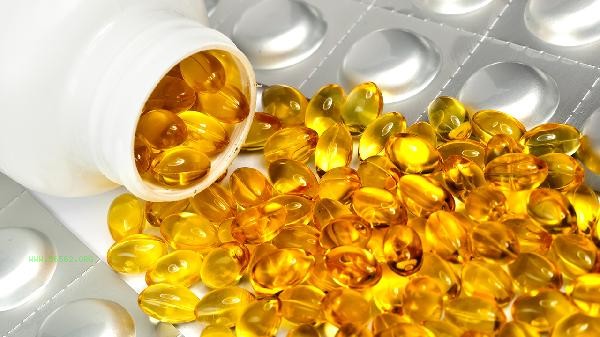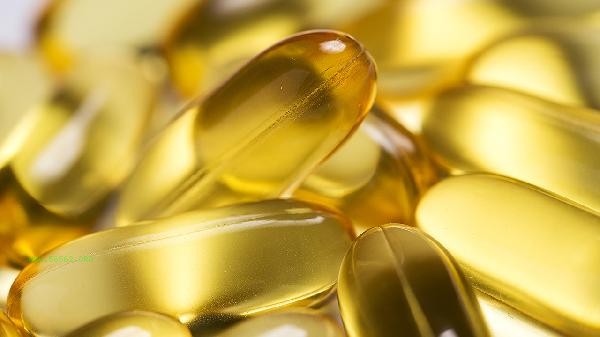The recommended daily intake of vitamin C for adults is 100 milligrams, with a maximum of 2000 milligrams. The appropriate amount of vitamin C supplementation is mainly related to factors such as age stage, physiological status, disease condition, dietary habits, and drug interactions.

1. Age Stage
Children need 40-65 milligrams of vitamin C per day during their growth and development period, and adolescents need to increase it to 75-90 milligrams per day. The absorption efficiency of middle-aged and elderly people may be appropriately increased to 100-200 milligrams due to a decrease in absorption efficiency, but for those with reduced kidney function, it should be controlled within 100 milligrams. Pregnant and lactating women need to supplement an additional 20-50 milligrams to meet the needs of fetal development.
2. Physiological Status
Long term smokers need to increase their intake by 35 milligrams per day to counteract oxidative damage, while athletes or high-intensity laborers are recommended to supplement with 200-400 milligrams. Patients in the postoperative recovery period can take 500 milligrams for a short period of time to promote wound healing, and 200 milligrams per day for those with chronic stress can help alleviate oxidative stress.
3. Disease situation
Iron deficiency anemia patients need 200-300 milligrams of vitamin C when taking iron supplements, and short-term supplementation of 500-1000 milligrams during a cold may shorten the course of the disease. But gout patients should not exceed 200 milligrams per day, and those with a history of kidney stones should limit themselves to less than 100 milligrams to avoid worsening the condition.

4. Dietary Habits
Daily intake of sufficient fresh vegetables and fruits can reduce the amount of supplements used. Kiwi contains 62 milligrams of vitamin C per 100 grams, while broccoli contains 89 milligrams. For those who have been lacking fresh fruits and vegetables for a long time, it is recommended to supplement 100-200 milligrams per day. High temperature cooking can lead to the loss of more than half of vitamin C in food.
5. Drug Interactions
During aspirin use, it is necessary to increase vitamin C intake by 30%. Estrogen drugs can reduce the concentration of vitamin C in the body. When taken with anticoagulant drugs, the daily dose should not exceed 500 milligrams. Chemotherapy patients should adjust the dose according to medical advice to avoid affecting the efficacy of the medication. Vitamin C supplementation should be prioritized through diet, with a daily intake of over 300 grams of fresh fruits and 500 grams of dark vegetables sufficient to meet basic needs. Citrus fruits, fresh jujubes, strawberries, etc. can be used as an additional meal option. Vegetables such as green peppers and mustard greens are recommended to be stir fried over high heat or served cold. Long term high-dose consumption of supplements may lead to diarrhea or urinary system stones. Special populations should consult a nutritionist or store vitamin C supplements away from light and moisture before use, and take them as soon as possible after opening to ensure activity.




Comments (0)
Leave a Comment
No comments yet
Be the first to share your thoughts!